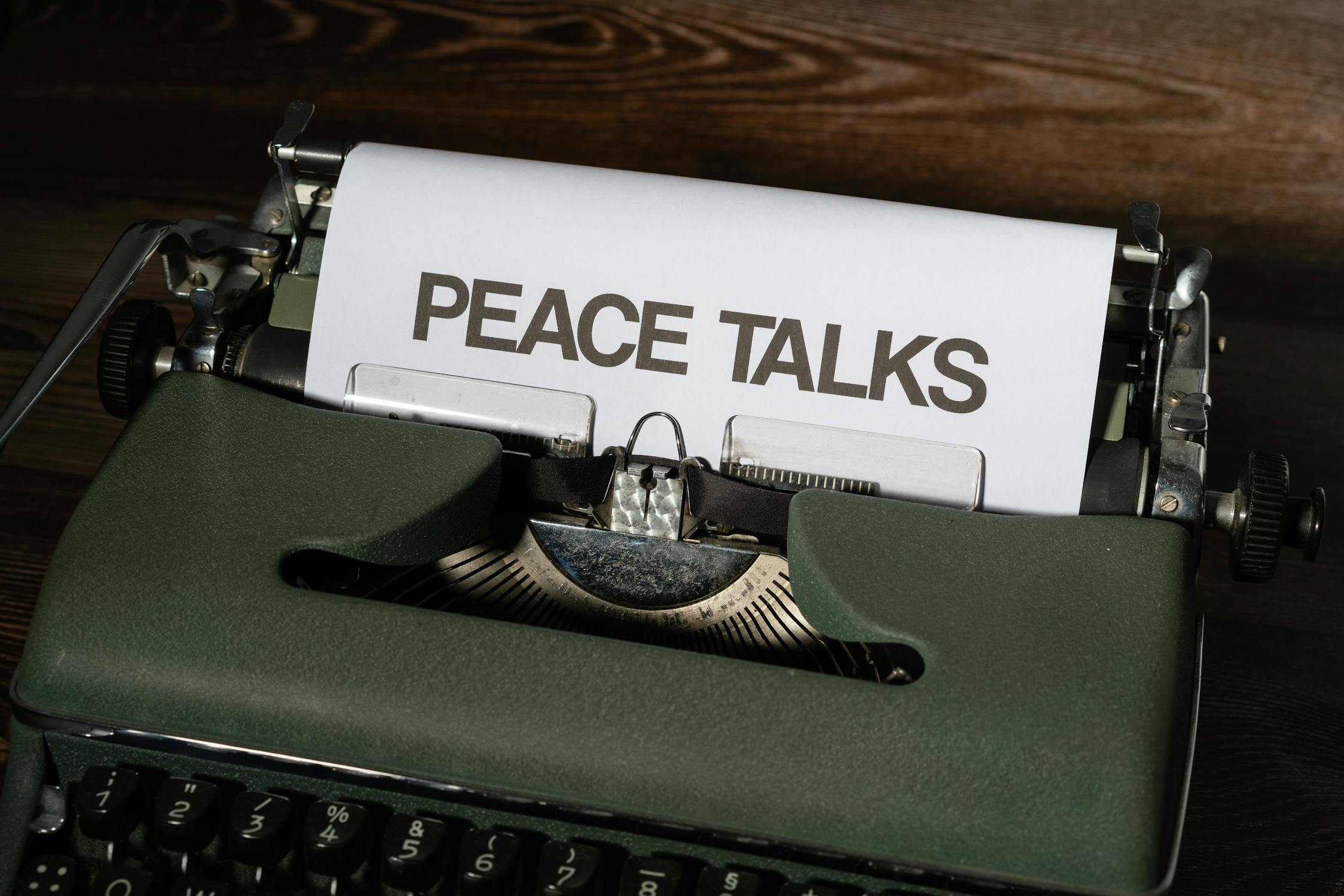“I believe that we must do everything to avoid a defeat for Ukraine, but with the instruments of peace”. This was stated by the Vatican Foreign Minister, Mgr. Gallagher on March 26, in an interview with Tg1. The interview took place a few days after the conversation that Pope Francis had with Swiss Radio-Television which sparked much discussion. Some of his sentences found themselves at the center of the controversy in which, speaking about the Russian-Ukrainian conflict, he urged people to have the courage to negotiate.
The news world, however, has pressed the accelerator pedal on the surrender button, due to a misinterpreted term used by the Pontiff (“White flag”), which nevertheless hid a tasty scoop to exploit in the best possible way. Which makes us reflect, once again, onneed to tell the facts based on reality and not in view of the greatest number of clicks collected.
You too can rediscover the pleasure of staying informed!
Your support helps protect our independence so that we can continue to produce quality journalism that is open to all.
Support us
Pope: Russia and Ukraine have the courage to negotiate
“…he who sees the situation, who thinks of the people, who has the courage to raise the white flag and negotiate is stronger”. It was especially this last step to be “incriminated” and to have been placed in evidence. To the point of encouraging the Ukrainian government to summon the apostolic nuncio to kyiv, to express to him the disappointment of the country's authorities in the face of the words expressed by the Holy Father.
Choice closely followed by NATO Secretary General Jens Stoltenberg, who spoke in a respectful but firm manner. “President Putin started this war and now has the power to stop it. Ukraine does not have this choice. Surrender is not peace. » Position also shared by the United States, various EU authorities and German Chancellor Olaf Scholz.
It happened Despite the director of the press office of the Holy See, Matteo Bruni, intervened a few hours after the Pope's interview to reiterate the meaning of the words expressed by the Pontiff. “The Pope uses the term white flag, and responds by taking up the image proposed by the interviewer, to indicate thereby the cessation of hostilities, the truce concluded with the courage of negotiation” (Ansa, March 9, 2024).
Behind the Pope's words on Ukraine and Russia lie serious information deficits
So, what is behind the incredible emotion caused by the Pope's words (on Ukraine and Russia)? A similar question, although starting from the case in question, allows for a much broader reflection. First of all, we must note that the current war situation certainly does not contribute to a more reasoned approach to what is happening. Especially when there are issues like the freedom of a people under attack.
That said, the sound information task it should be just that provide clarity and encourage reflection and critical thinking. Journalism that aims to be constructive cannot fail to emphasize that stopping at two terms (“white flag”), to summarize a much broader message, certainly constitutes an intelligent marketing operation, but does not provide correct information.
This is even more true if the context in which the words were spoken and what followed immediately after is omitted. The Guardian, for example, wrote that “negotiate” is the same as “surrender” (March 13, 2024). Gian Guido Vecchi, however, has a different opinion, which in Corriere della Sera is simply limited to recalling that negotiating never amounts to capitulating, in the Pontiff's vision (March 10, 2024). Which brings us to a broader reflection on those who are the current challenges which undermines the world journalism.
Current challenges in journalism
If it is true that the latter has always had to deal with accusations of bias or to “be at the service of…”, with the advent of digital technology, others have been added to this challenge, among which the most harmful is represented by phenomenon of click bait (“boot click”).
Opening the pages of newspapers or online magazines with a grandiose headline does not always (to be good) reveal the accuracy of the information. However, it certainly easily prompts “clicks” from unsuspecting readers. With the very harmful consequence of influencing people's behavior and have an impact on daily reality. In fact, constructive journalism does not forget that the information produced daily influences ways of thinking and living. From this awareness comes a mission to be taken seriously, so as not to face much greater consequences.
Source:
[1] kyiv summons the apostolic nuncio after the pope's words on Ukraine
